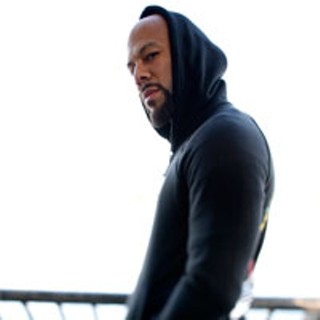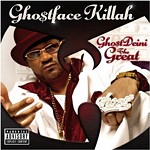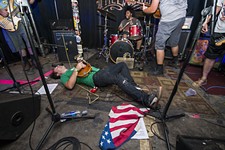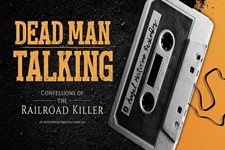The Sixth Sense
By Chase Hoffberger, 3:23PM, Thu. Sep. 11, 2008

Clout is a word often sought and rarely seen among hip-hoppers. More than any other commercial musician, rappers must constantly walk a very thin line separating authentic from played out.
Look no further than the top, where Jay-Z’s out-of-retirement album, 2006’s Kingdom Come, was so removed from the personality fans attached him to that he came back a year later with American Gangster, a hustler’s autobiography, as if he were saying, “I still got it.”
At the same time, Rick Ross was busy shooting to stardom as “The Boss” around Port of Miami, strapped in gold chains heavier than that asinine beard of his. Then, in July, it came out that the Def Jam rapper had served two years in the 1990s as a Florida State Corrections Officer, offsetting any suggestions that “Everyday he’s hustlin’.”
Which brings us to Common, who plays Stubb's tonight.
In the years B.E.C (Before Electric Circus, his poorly received 2002 LP), Common nestled himself in the East Coast Afrocentric/Okayplayer crowd alongside Mos Def, Talib Kweli, Erykah Badu (whom he dated), Jill Scott, and the Roots. Where Kweli and Mos Def teamed as Blackstar and argued “B Boys Will B Boys” and the Roots held their spot as the squad’s house band, Common ran the course of humanity rapper. His lyrics focused on religion (“G.O.D. (Gaining One’s Definition)”), abortion (“Retrospect For Life”), and the class struggle (“Chapter 13 (Rich Man Vs. Poor Man)”). He nodded at literature, naming 2000’s Like Water For Chocolate after Laura Esquivel’s novel.
Then Common underwent image metamorphosis. Once defined by the musical minimalism of 1994’s Resurrection and his devotion to the ?uestlove-led Soulquarians, Common came out of his three year post-Electric Circus hiatus a new man: he’d work exclusively with mega-producer Kanye West on his next two albums and sign endorsement deals with Gap, New Era, and Lincoln Vehicles. Like few rappers had ever done, Common had attached himself to the public world in ways that far outstretched his musical personality.
In the middle of all this commercialization, Common never forgot that which made him him. After prodding from Oprah Winfrey, Common went back to the studio and removed “nigger” from his lyrics. He did the same thing with anti-homosexual sentiments. 2006’s Be maintains that sense of human empathy, as “Faithful,” “The Corner,” and “It’s Your World/Pop’s Reprise” all touch on attitudes truly Commonian.
Moreover, Common’s stage presence hasn’t decreased a bit. As if he were showing up unannounced to play hype-man alongside Mos Def in 1999, Common brings the same raw energy to all his shows. He loves hip-hop. He loves performing for audiences. That’s something I’m confident will never change. Not even the CEO of Gap, Inc. could pull Common Sense from the stage, V-neck sweater vest or otherwise.
A note to readers: Bold and uncensored, The Austin Chronicle has been Austin’s independent news source for over 40 years, expressing the community’s political and environmental concerns and supporting its active cultural scene. Now more than ever, we need your support to continue supplying Austin with independent, free press. If real news is important to you, please consider making a donation of $5, $10 or whatever you can afford, to help keep our journalism on stands.









